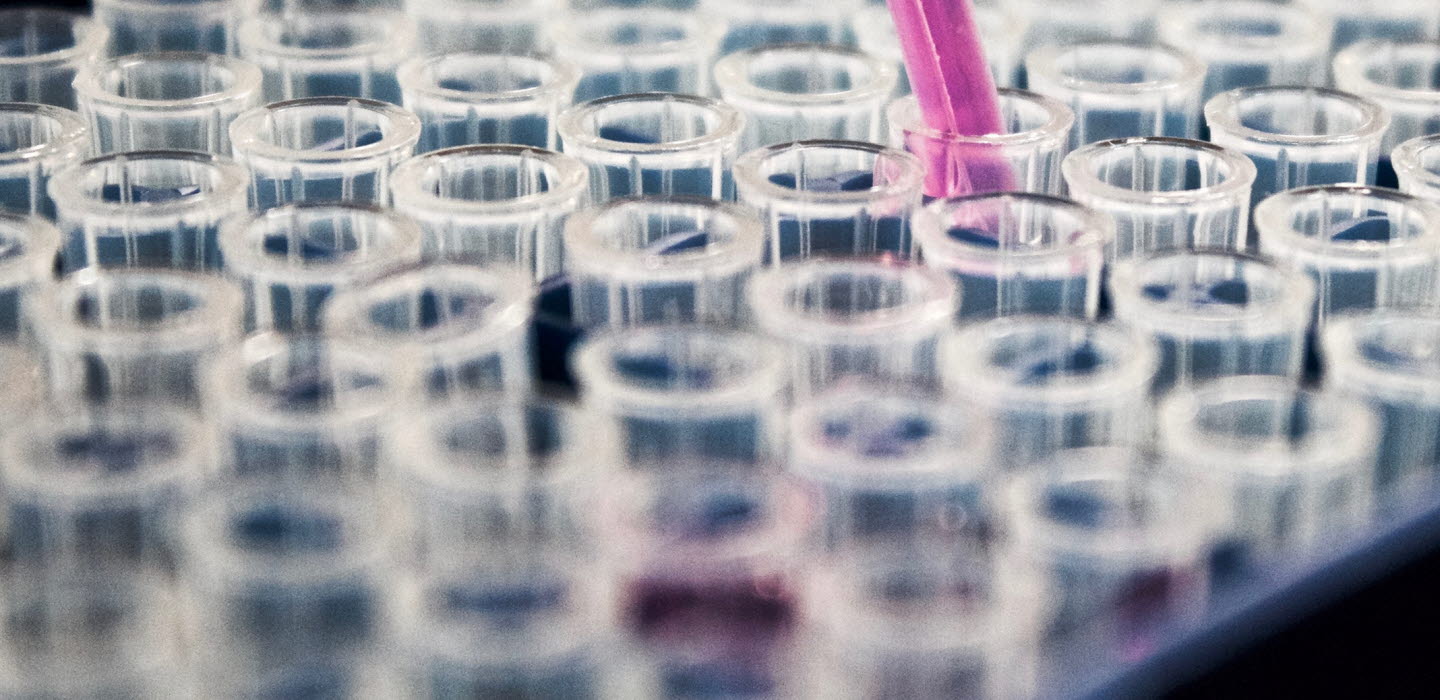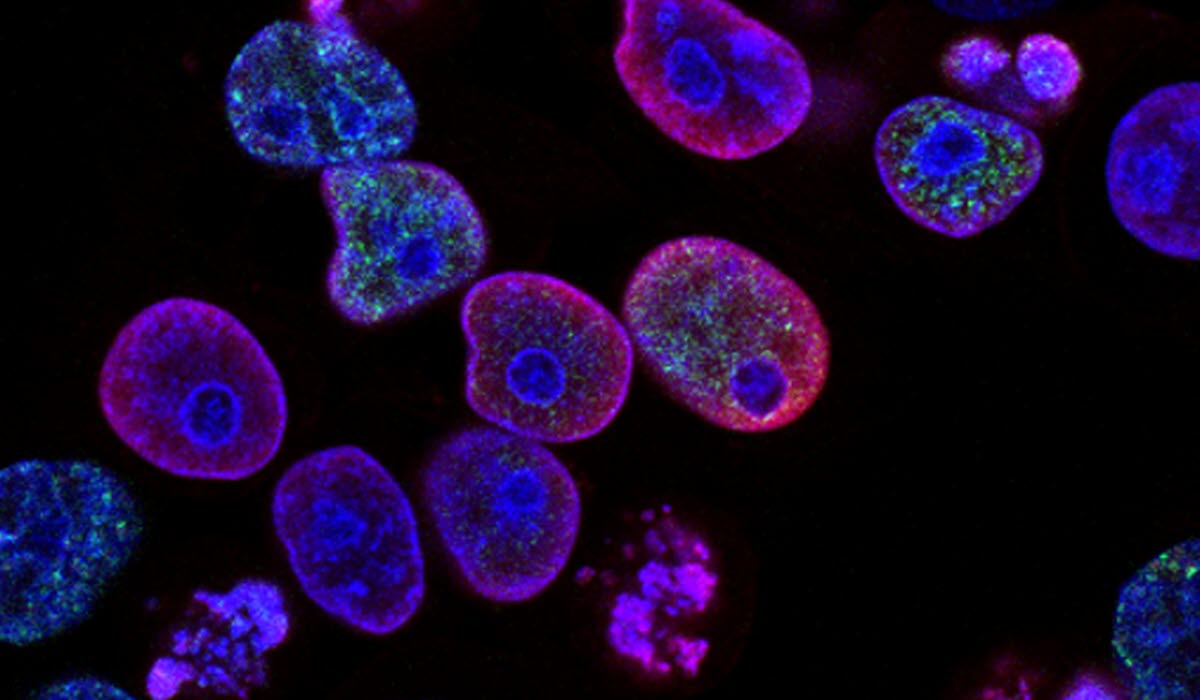Pharmaceutical companies – driven primarily by increased pressure from payers and regulators – now focus their attention more or less exclusively on areas with a high and clearly unmet medical need. Technical and
scientific advances within the field of genomics and precision medicine also means that the patient populations targeted by new therapeutics become smaller and more defined. Together, these trends have paved the way for a booming interest in the orphan- and rare diseases space – a development that is seen also in Sweden.
This paper describes the orphan disease pipeline of Swedish companies and presents statistics over orphan drug designations granted to Swedish companies by the US Food and Drug Administration (FDA) and the European Medicines Agency (EMA). In addition, five different perspectives on orphan drug development will be presented, including those of both a large and a small specialist company, a leading medical university, a venture capital investor and a company that provides regulatory services and expertise.
Report highlights
- Swedish companies have been granted 60 orphan designations in the EU and 47 in the US from January 2000 until December 2018.
- Oncology is the leading orphan drug therapy area accounting for about 38 percent of the total Swedish pipeline.
- Neurology, immunology/rheumatology and transplantation are the next leading therapy areas, accounting for another 26 percent of the pipeline.
- Sobi is the largest Swedish company active in this area with several approved orphan drugs.
- Perspectives on orphan drug development is given by HealthCap, Immedica Pharma, Karolinska Institutet, NDA Group, and Sobi.
- A list of Swedish orphan disease pipeline projects is outlined.




